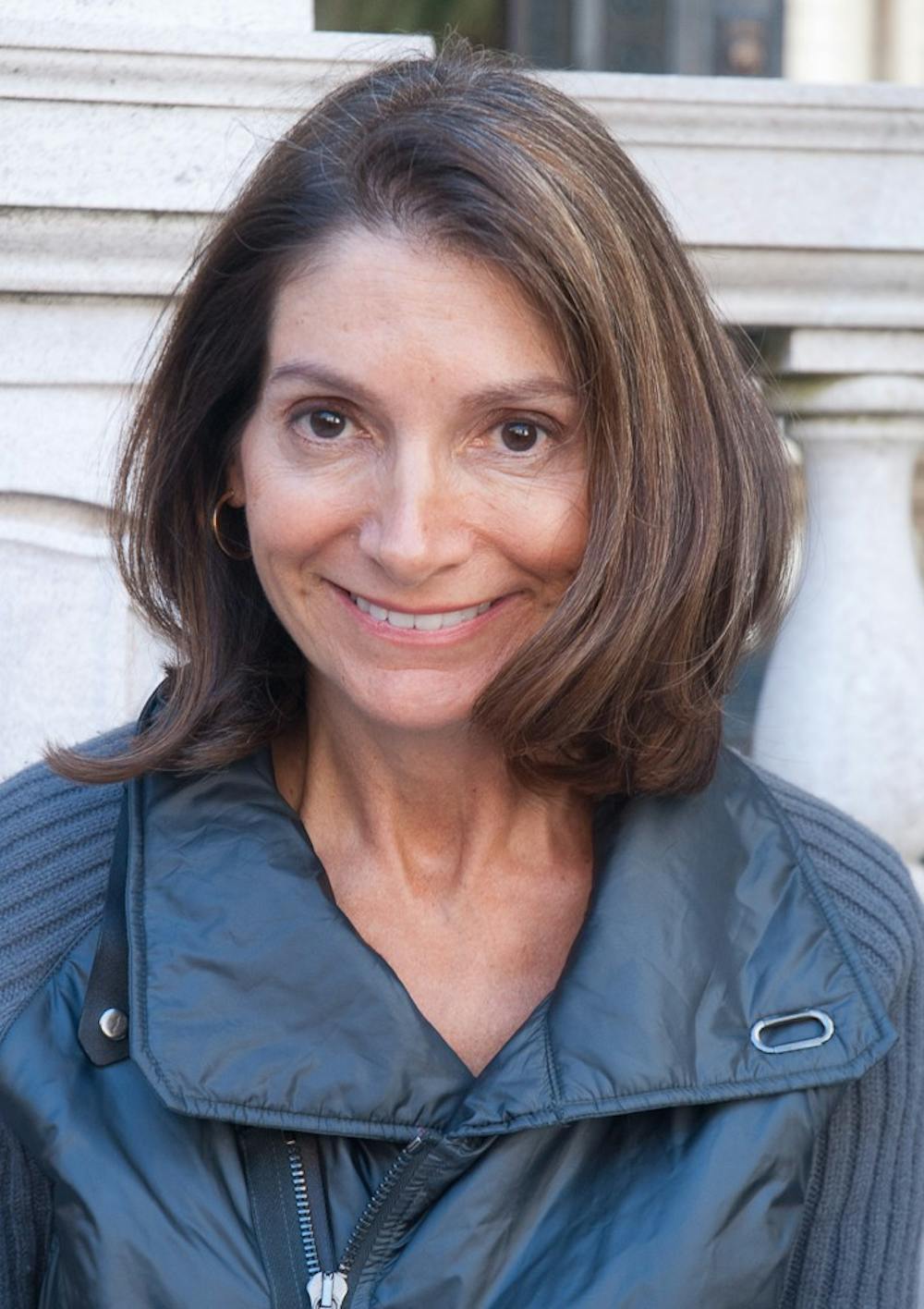A former staff member and frequent contributor to The New York Times, Katie Hafner now adds to her portfolio a critically acclaimed memoir entitled “Mother Daughter Me.” Hafner will be at Flyleaf Books Monday to read and sign the memoir, which explores her journey to reconcile her relationship with her 77-year-old mother, a bond strained by her mother’s alcoholism and neglect.
Hafner spoke with staff writer Jaleesa Jones about this personal tale.
Daily Tar Heel: What inspired you to write “Mother Daughter Me”?
Katie Hafner: So, the book was kind of accidental. I did not intend to write it at first. I’m a journalist, I’m a writer of narrative non-fiction, and I had never actually even considered writing anything personal until this.
What happened was my mother moved in with my daughter Zoe and me and very quickly it became clear to me that there were a lot of issues that had gone unresolved, mostly about my childhood. She didn’t raise me. I was taken away from her when I was little — my sister and I were taken away — and so, this woman was moved into my house who I think I know but I really don’t know. So, all of this anger started surfacing really quickly and all of this resentment that I didn’t know I had.
So, I thought either this experiment is going to kill me or I’m going to write about it, so I wrote about it. And the writing turned out to be wonderfully therapeutic for me.
DTH: What do you feel is the central question of your book?
KH: What is our obligation to our parents as they age, and how do we balance that as our responsibilities for our children?
DTH: Was it difficult to put your personal life out into the public?




